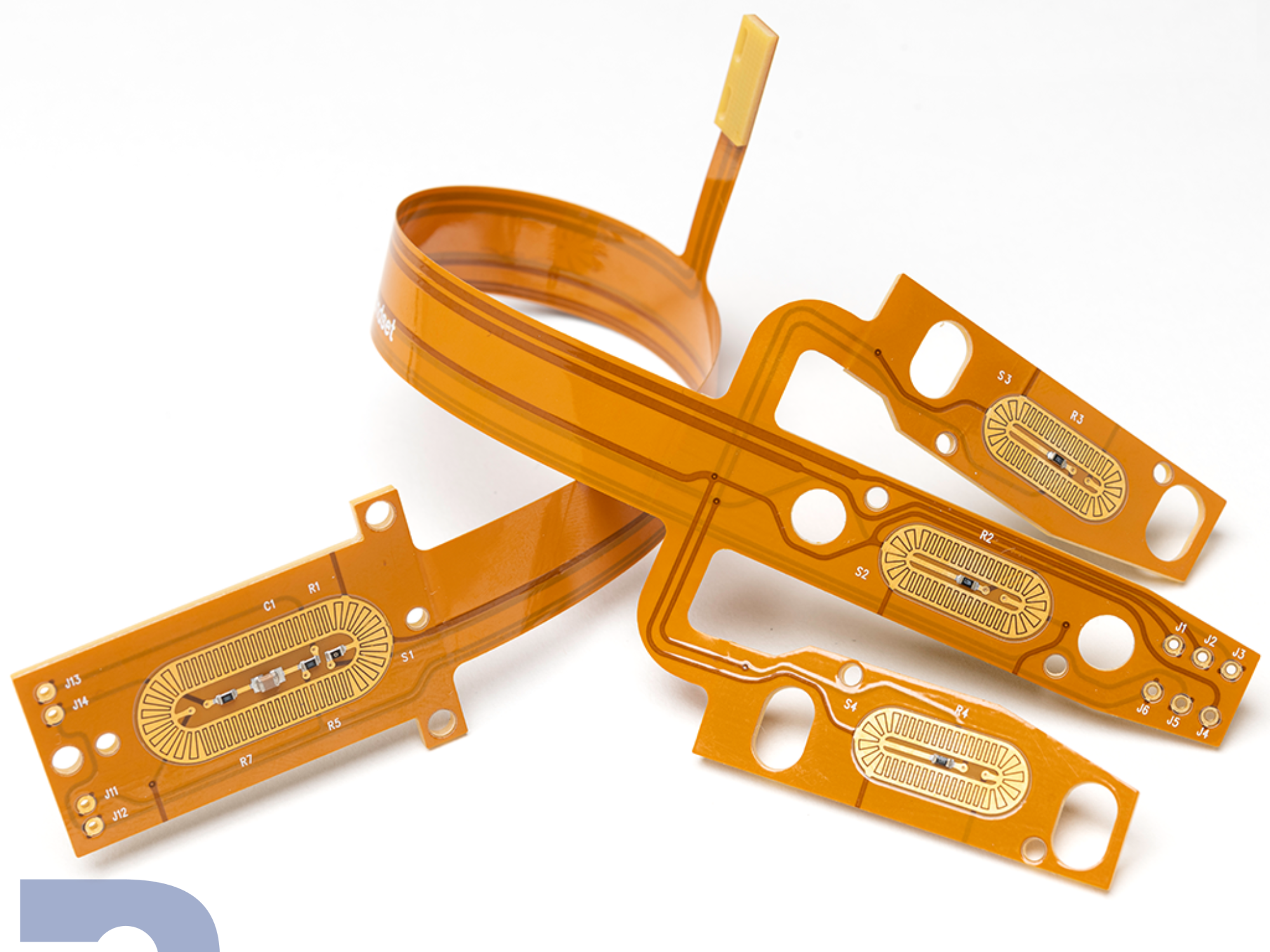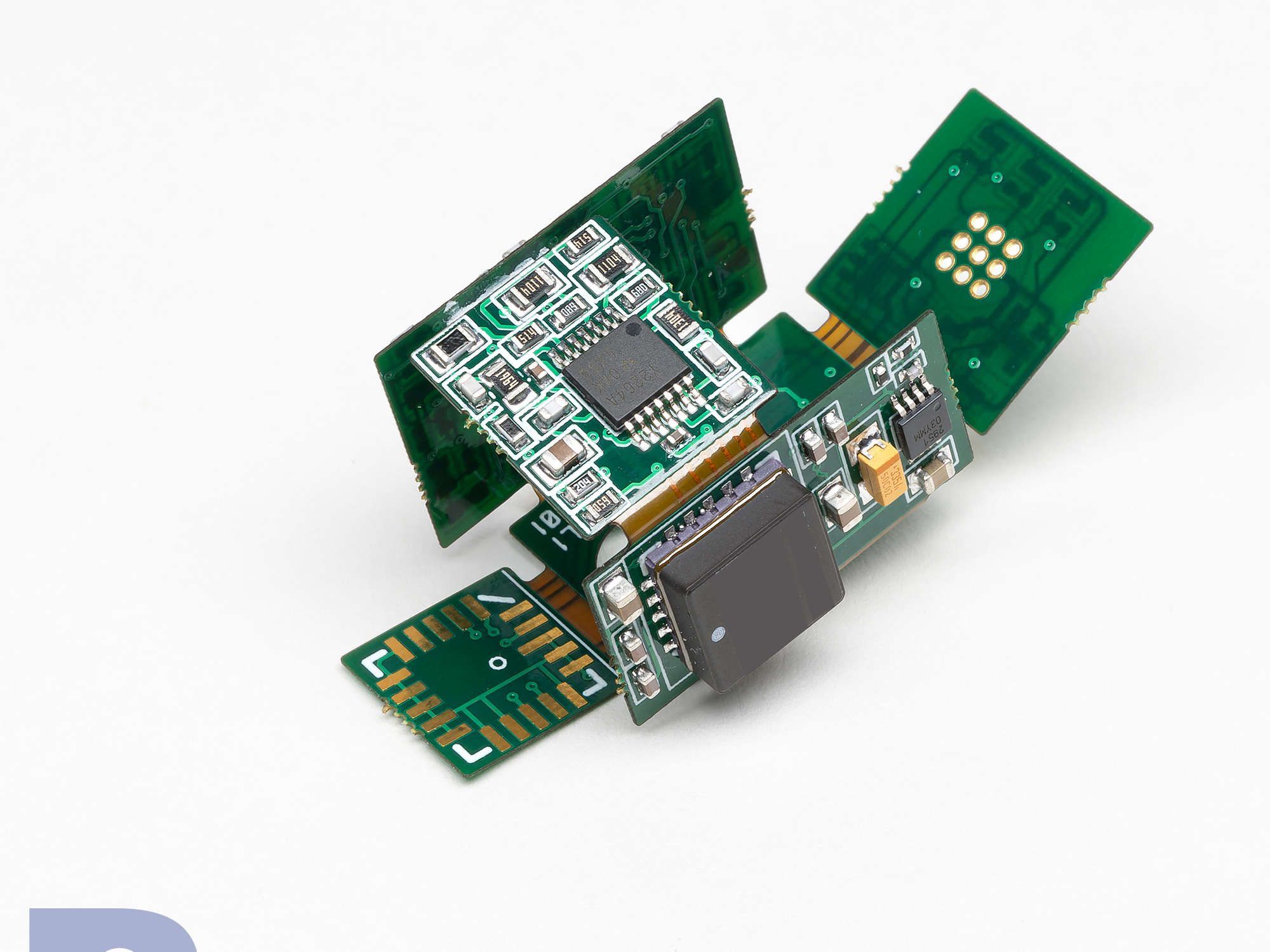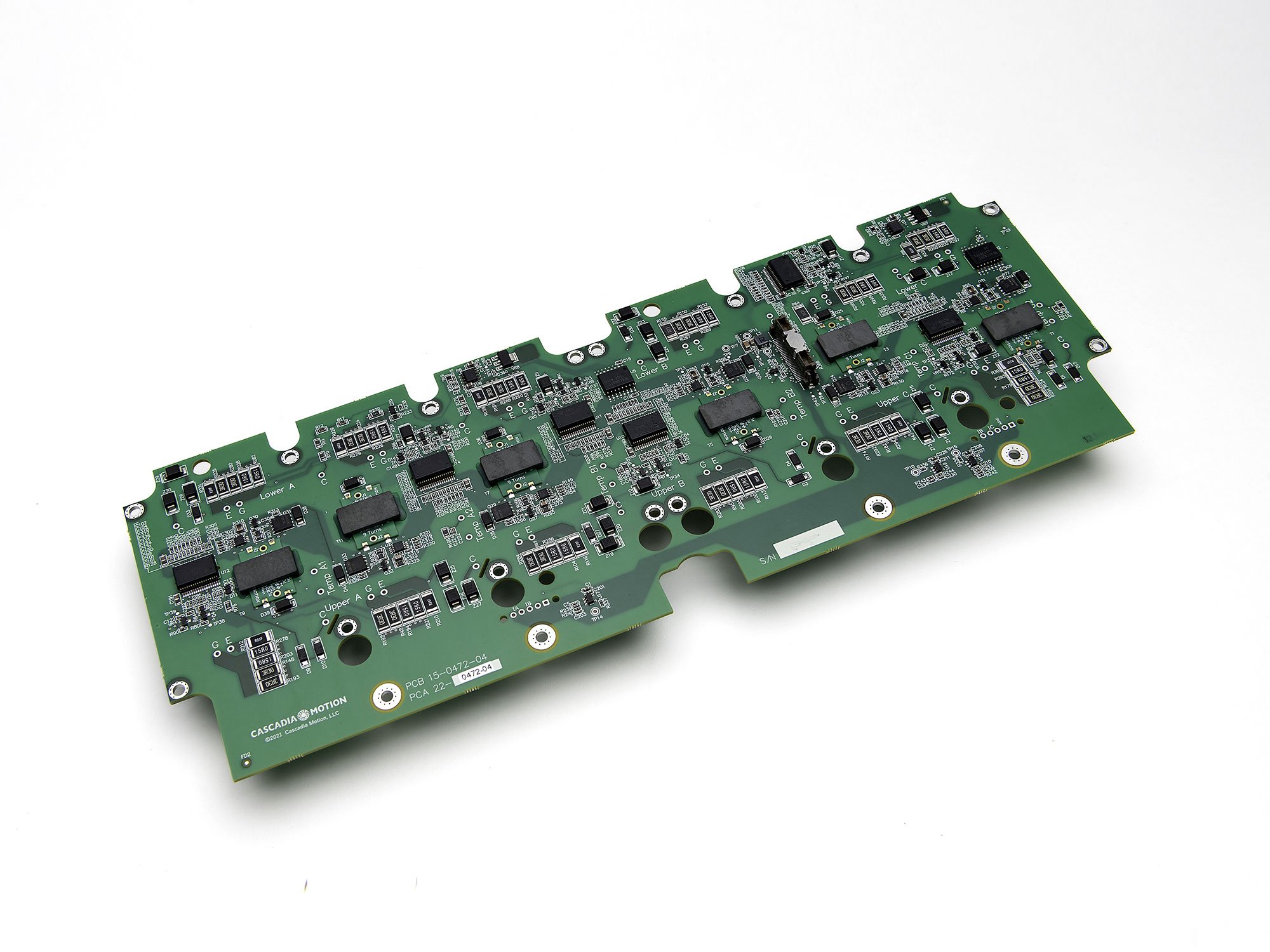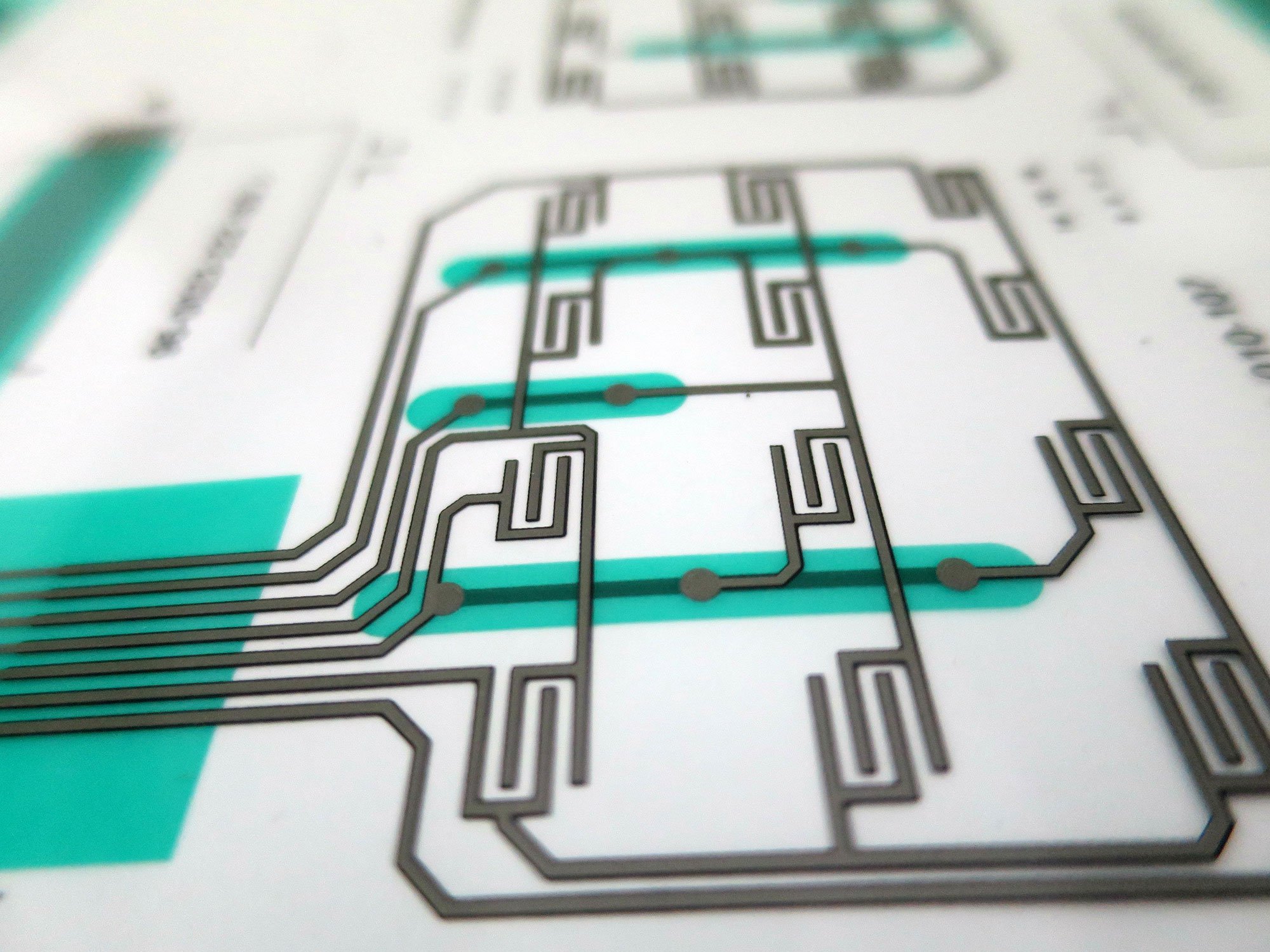PICA Manufacturing Solutions Medical Market
Medical electronics demand the highest levels of reliability, miniaturization, biocompatibility, and regulatory compliance. At PICA Manufacturing Solutions, we support innovations across patient care, surgical tools, diagnostics, and assistive systems. Our expertise in flexible and rigid-flex PCBs enables device designs that are not only ISO 13485 certified but also adhere to the strict standards necessary for safe and effective medical use.
We enable innovation across a broad spectrum of submarkets:
Patient Monitoring Devices
Continuous monitoring systems such as ECGs, pulse oximeters, cardiopulmonary management, and glucose meters depend on compact and reliable PCBs and FPCs to capture accurate signals from the body. Designs often require low power consumption, high signal integrity, and wearable-friendly form factors to ensure uninterrupted patient care both in clinical and home environments.
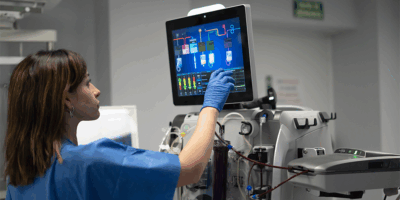
Surgical Tools & Equipment
Minimally invasive surgical tools and robotic platforms require highly reliable flexible circuitry capable of enduring sterilization, repeated motion, and small form factors. FPCs must withstand mechanical stress, high cycle counts, and thermal exposure while maintaining precision performance inside complex instruments.
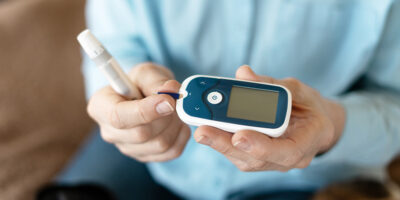
Wearable Health Devices
Devices like smart patches and continuous health trackers rely on ultra-thin, skin-contact-safe FPCs that balance flexibility, comfort, and wireless communication. These assemblies are designed for biocompatibility, long-term wear, and energy efficiency, ensuring they can safely deliver real-time health data without discomfort to the user.

Imaging Systems
Our high-density interconnect (HDI) and rigid-flex solutions power advanced imaging equipment such as MRI, CT, ultrasound, and endoscopic systems. We focus on high signal integrity and electromagnetic shielding to deliver crisp, accurate images for faster and more precise diagnoses.
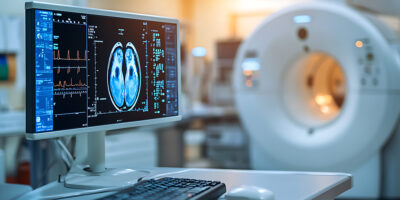
Laboratory Diagnostics & Analytical Equipment
Lab instruments such as mass spectrometers, chromatography systems, and automated analyzers rely on PCBs with precision control, high repeatability, and resistance to harsh chemical or laboratory environments. These systems demand designs that support scalability and long service life to keep up with high-throughput testing.
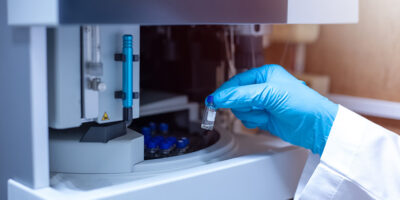
Infusion & Drug Delivery Systems
Controlled delivery of fluids and medications requires precise timing, flow regulation, and fail-safe mechanisms. FPCs in infusion pumps and drug delivery systems must support redundancy, patient safety features, and reliability under continuous use, as errors can directly affect patient outcomes.
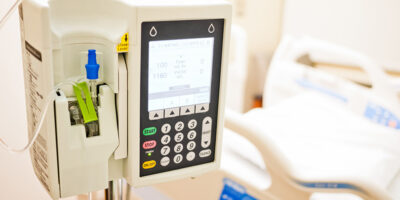
Assistive Systems
Assistive technologies — such as braille displays, speech-generating devices, and tactile feedback systems — require miniaturized, low-power designs that provide dependable functionality to users with unique accessibility needs. PCBs for these applications often combine sensors, actuators, and custom interfaces to create highly responsive and user-friendly devices.

With decades of experience in electronics manufacturing, PICA is a trusted partner in delivering solutions that are highly reliable, compact, and compliant with global medical standards. Whether enabling advanced diagnostics or life-saving treatments, our flexible circuits play a vital role in the future of patient care.
Ready to bring your medical device to market with confidence? Fill out our form today and let’s discuss how PICA can support your next innovation.
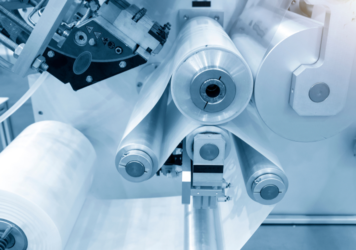
Ultra-Thin Flexible Circuits: Overcoming Challenges in Dielectric Substrate
In Part 1, we explored the challenges of manufacturing ultra-thin flexible circuits with a focus on the conductive layers, highlighting...

Compliance: Ensuring Safety and Performance in Flexible Printed Circuit Manufacturing
When developing and manufacturing flexible printed circuits (FPCs), adhering to industry standards ensures reliability, safety, and performance. Two pivotal standards...
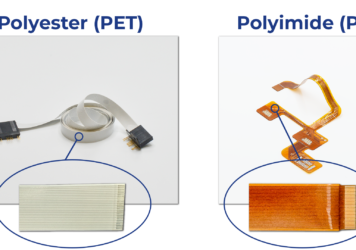
Flexible Printed Circuit (FPC) Dielectric Materials: Choosing the Best for Your Application
At PICA Manufacturing Solutions (PMS), we specialize in creating Flexible Printed Circuits (FPCs) that enable innovative designs by conforming...

Case Study: Innovating Medical Healthcare Technology with Rigid Flex PCB Design
Customer Overview: The customer in this case study is a leading company in the healthcare technology sector, known for its...

